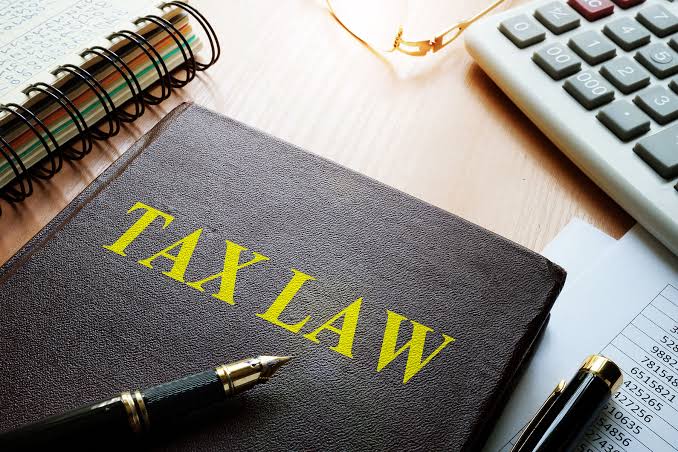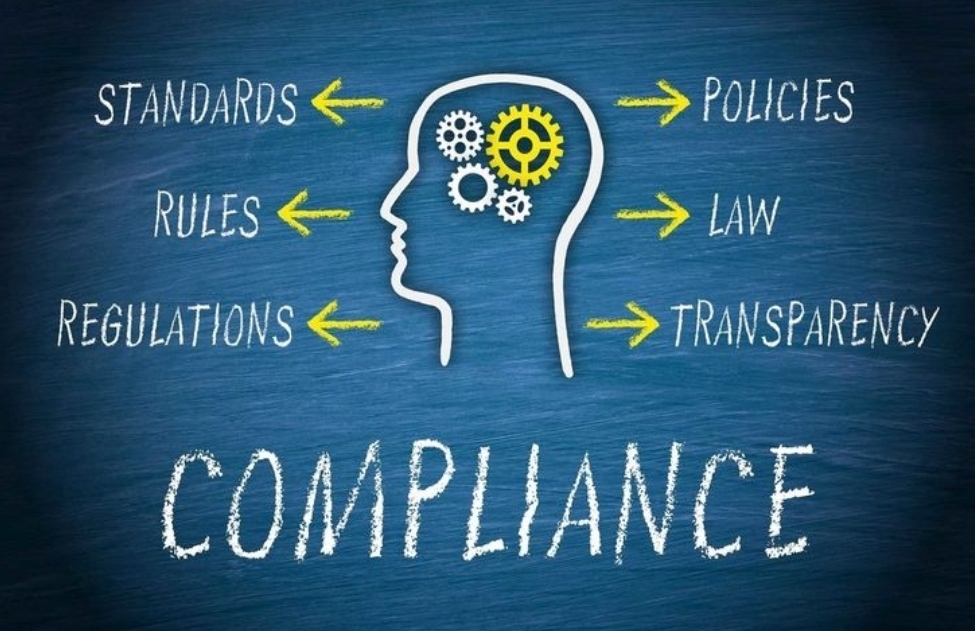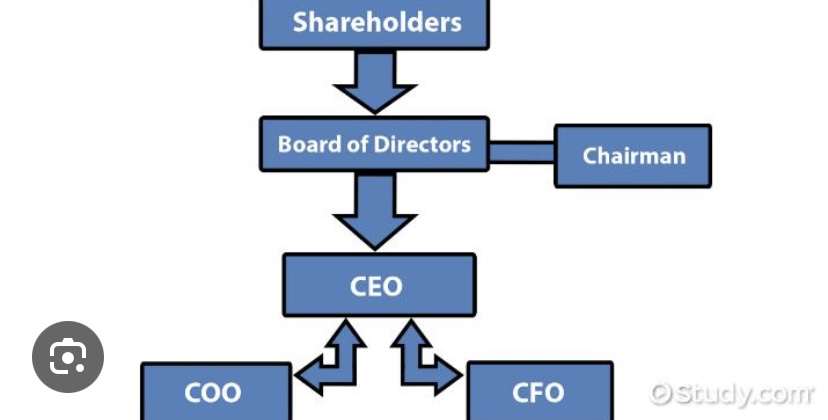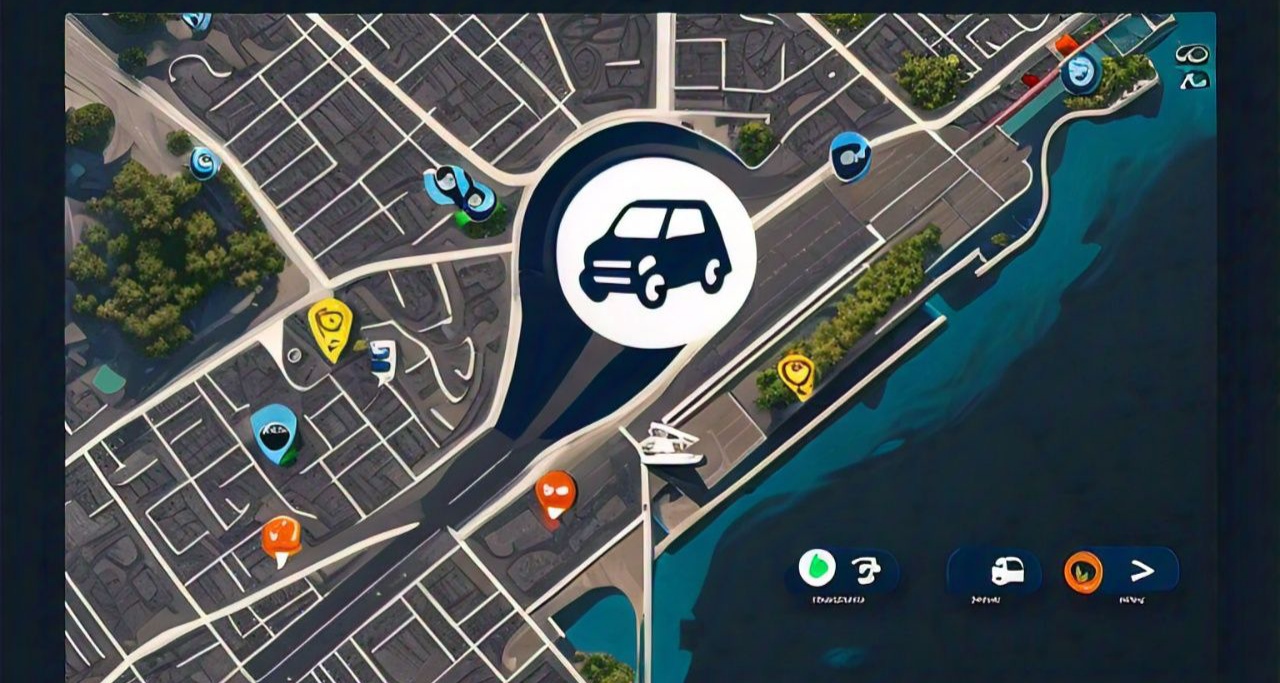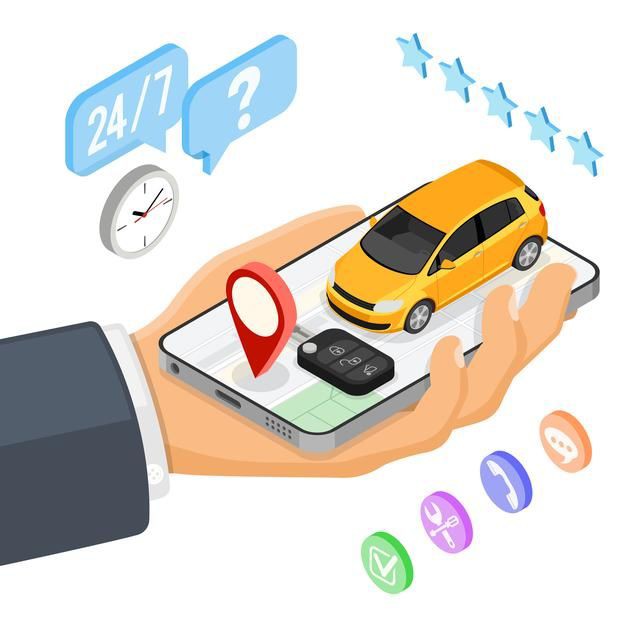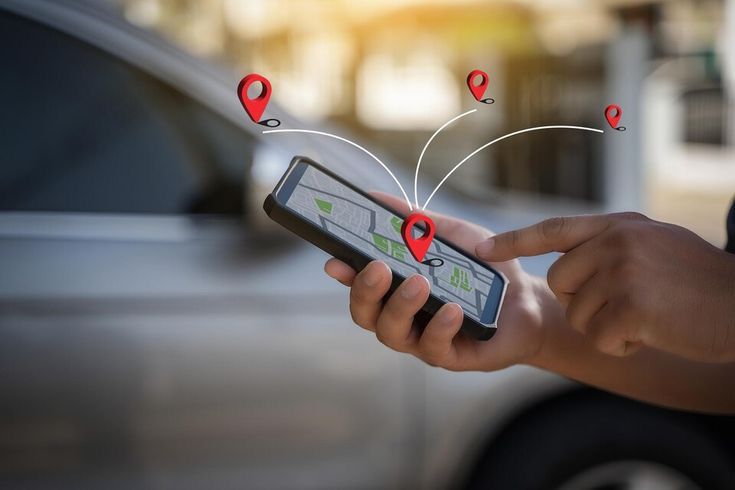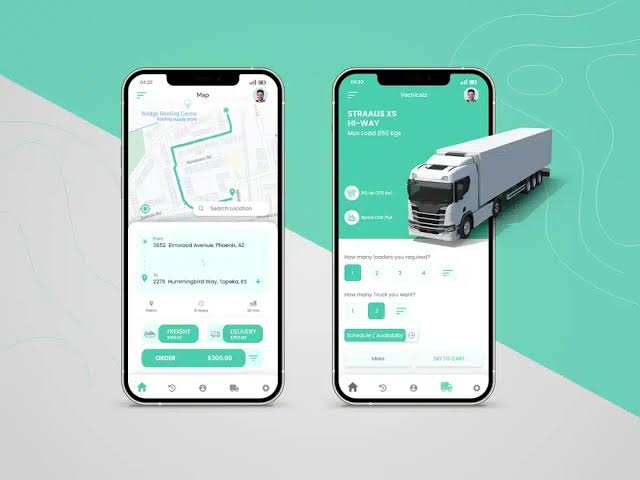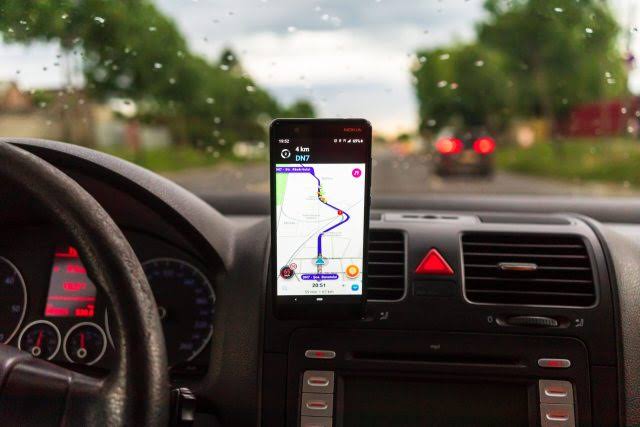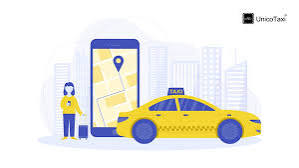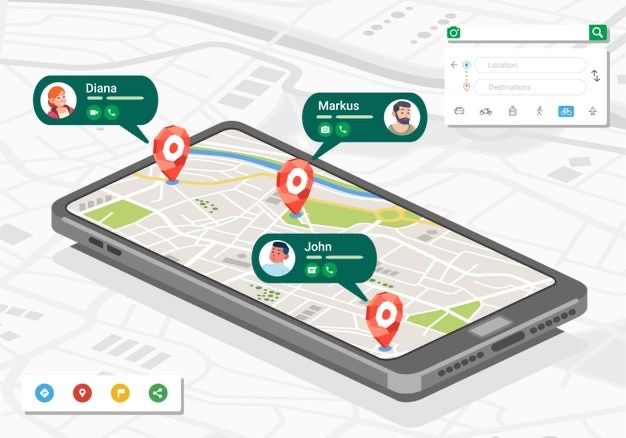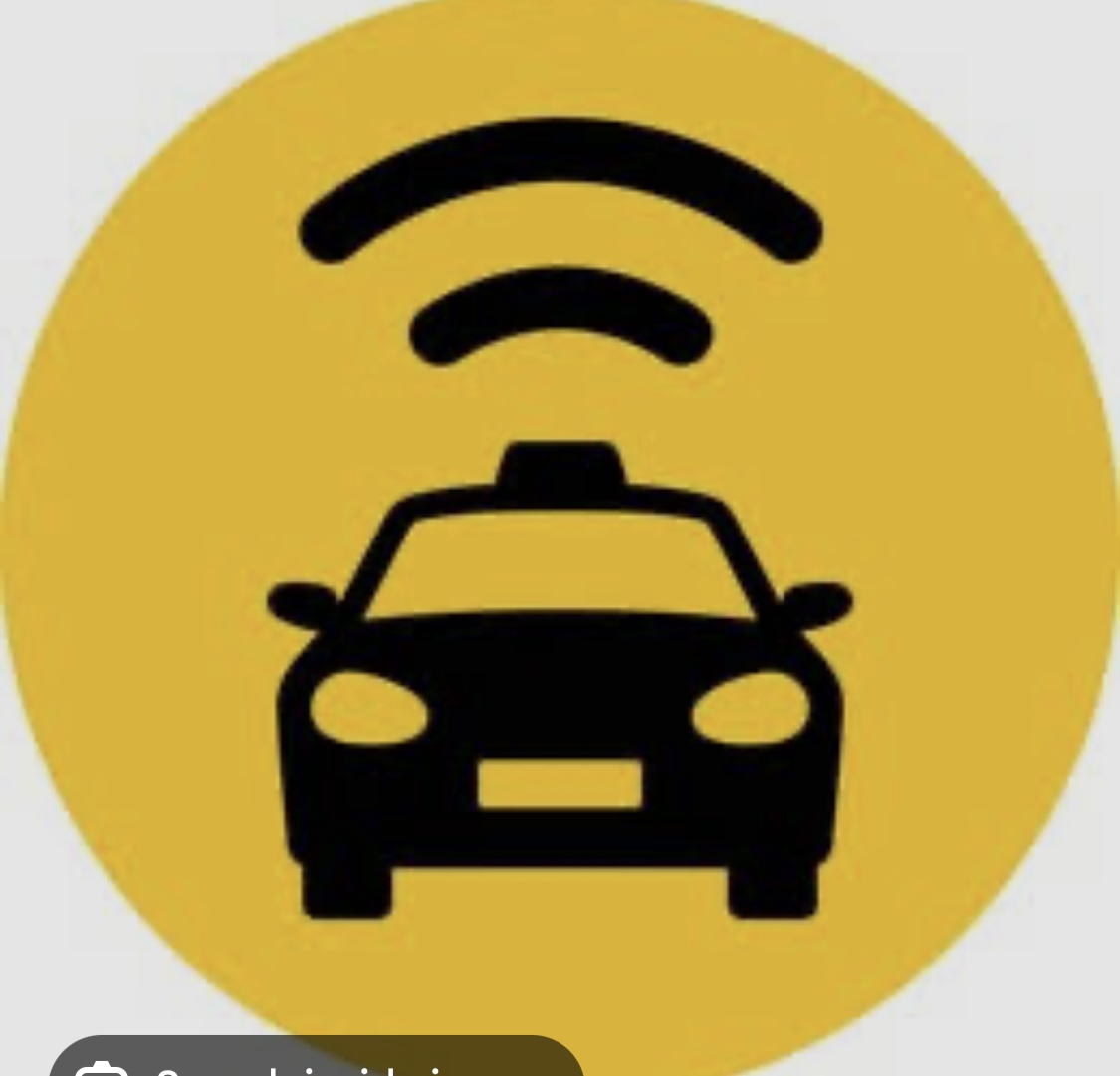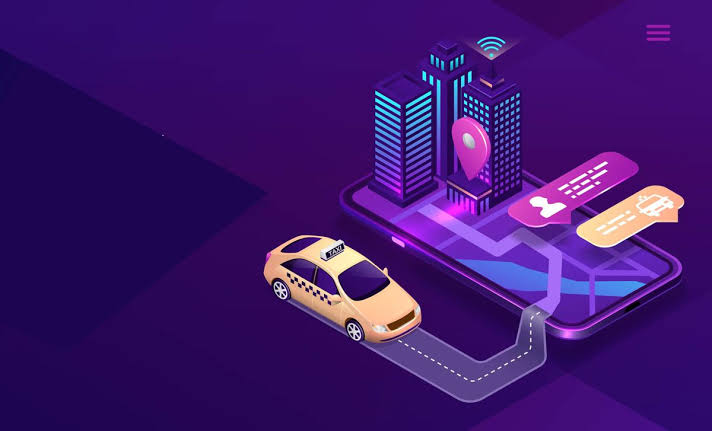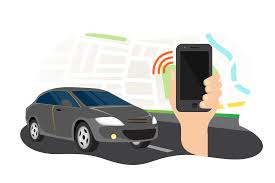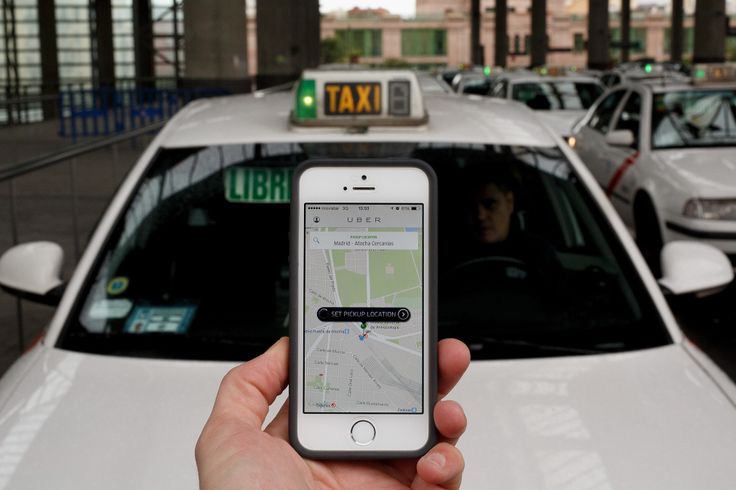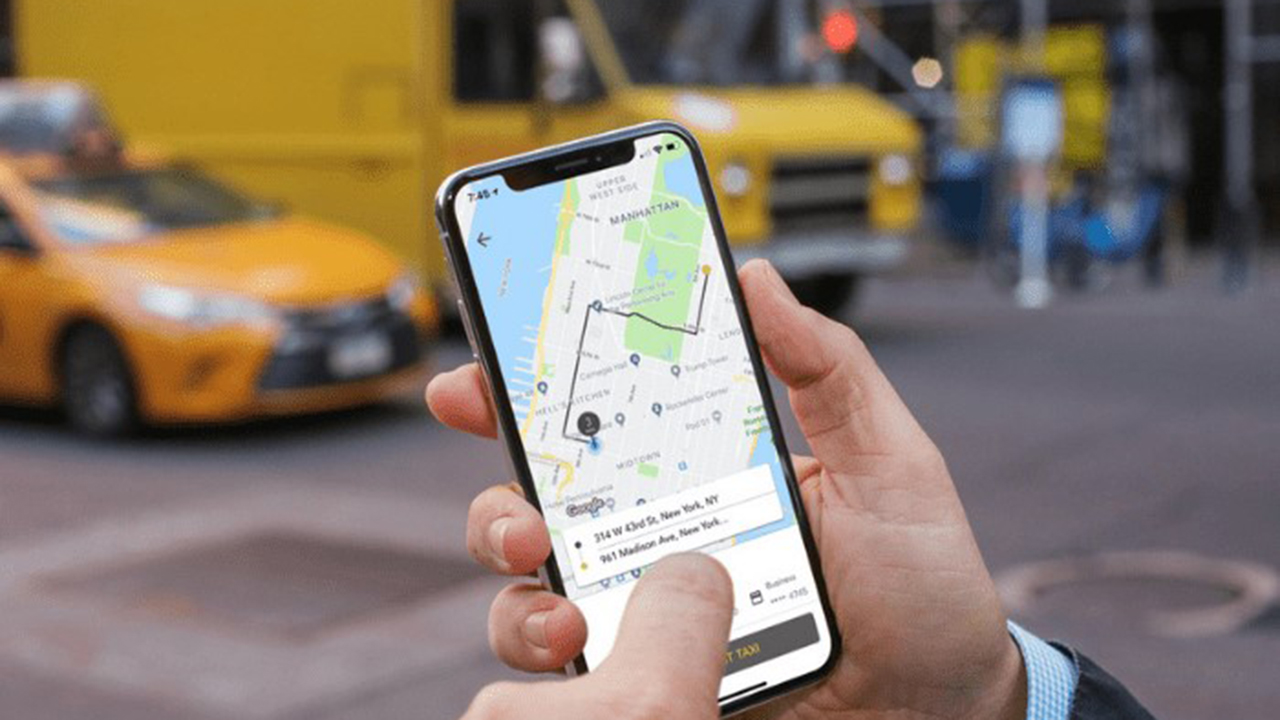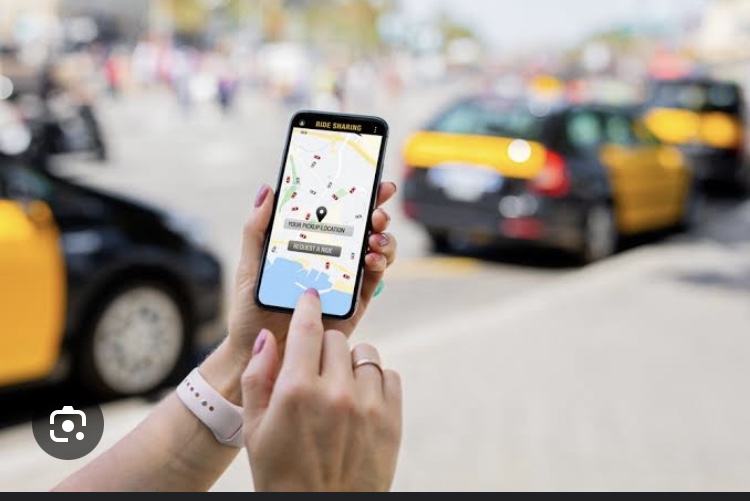
E-hailing businesses, also known as ride-hailing businesses, represent a modern approach to the traditional taxi industry. These businesses leverage online platforms to connect passengers directly with local drivers offering private car services. Unlike traditional taxis, which may pick up multiple passengers along a designated route, ride-hailing drivers utilize their personal vehicles (or leased vehicles) to provide point-to-point transportation booked on-demand through mobile applications or websites.The most suitable Buisness structure for E-hailing Buisness is limited liability company structure and this is to be incorporated with the Coporate Affairs Commission(CAC).
There are specific legal requirements and regulations that is to be complied with by the start up which includes the Buisness registration with the CAC,licensing -Licenses should be obtained according to the guidelines for online hailing Buisness operation.Also,the service entity permit for app owners or platform providers and there’s the “Operators Provisional License”;For those who own and operate both the vehicles and the app”.
Any Startup company venturing into E-hailing Buisness should consider protecting its intellectual property such as the app used for its operations this can be done through patents laws.The company is to obtain its patent to protect any of the ideas used in the Buisness or company also trade secrets,trade marks can also play a vital role depending on what intellectual property is being protected by the company.
Like Every Buisness the E-hailing Buisness is not without its challenges or risk.There are many chanllenges and risk associated with the E-hailing Buisness and they include;Poor and unstable connectivity in Nigeria,Unhealthy rivalry among competitors,Unethical behavior by most drivers,Safety-the issue of safety is paramount and there’s the fear of individuals or passengers being harmed as their safety is not completely and can’t be totally guaranteed.
There are necessary license permit for E-hailing Buisness in Nigeria and they include;Service Entity Permit,Allocation of registration number,proof of ownership certificate,central motor registry (CMR)Paper ,Road Worthiness certificate(six months for commercial vehicle),Auto insurance (Third party or comprehensive),Vehicle license,Hackney permit,Drivers license,and if in Lagos,Lagos state Drivers institute (LASDRI)card.




